American cuisine offers a melting pot of flavors, often accompanied by creative and persuasive marketing. Although the state offers a wide range of deliciousness, some dishes we savor freely might surprise us with their hint of international illegality. There are many reasons such food items are banned in other countries, that might concern the health of individuals.
Let’s delve into 12 American food items, that you might not find on the food menus everywhere:
Frosted Flakes and Rice Crispies

These popular cereals in the USA are known for their perfect balance of crispiness and thickness. However, such food items are not allowed in some countries like Japan and the European Union, due to its main preservative ingredient, the Butylated Hydroxytoluene (“BHT”).
Such preservatives have the potential to disrupt the hormonal cycle, while also attacking the reproductive system. Being a popular preservative used in big brands like Cap’n Crunch, Apple Jacks, and Froot Loops, such preservatives should only be used in a prescribed quantity.
Twinkies
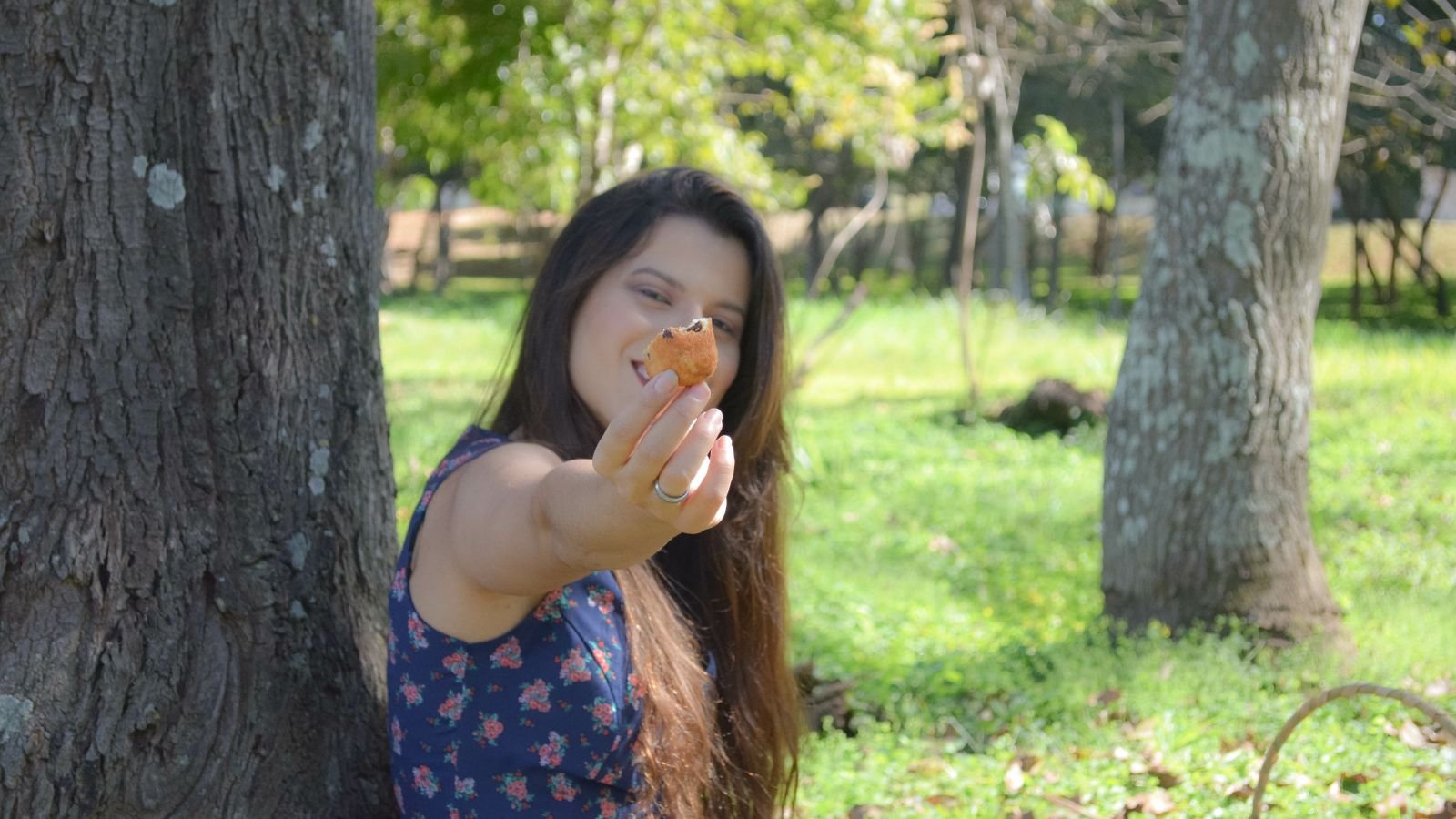
Twinkies are an American snack cake described as a “Golden sponge cake with a creamy filling.” In 2012, the most popular snack, now owned by Hostess Brands, Inc., faced insolvency proceedings that took it off the market for eight months.
The famous snack is, however, considered harmful due to its high sugar level and causing increased cholesterol levels. New York City-based Telehealth Registered Dietitian Nutritionist Jonathan Valdez, owner of “Jenki Nutrition” did some research on Twinkies and said, “Twinkies’ first ingredient is sugar, with three carb counts (one carb count = 15 grams of carbohydrates)”. The high amount of saturated fats and sodium tends to be a greater risk for heart disease and high blood pressure.
Coffee-Mate

Coffee-Mate is a lactose-free coffee creamer that originated in the United States of America (“USA”) in 1961.
Coffee-Mate is banned in several countries like Hungary, Austria, Switzerland, Iceland, Norway, and Denmark, due to the content of preservative trans fats like partially hydrogenated soybeans and cottonseed oils.
In 2015, the USA Food and Drug Administration (“FDA”) declared that trans fat is not “generally recognized as safe” and had to be phased out by 2018 and if used, is only safe for sparing use. According to the FDA, trans fat can raise people’s low-density lipoprotein (“LDL”) cholesterol. Higher LDL cholesterol levels increase the risk of developing heart disease, which is the leading cause of death in the USA.
The USA Pork
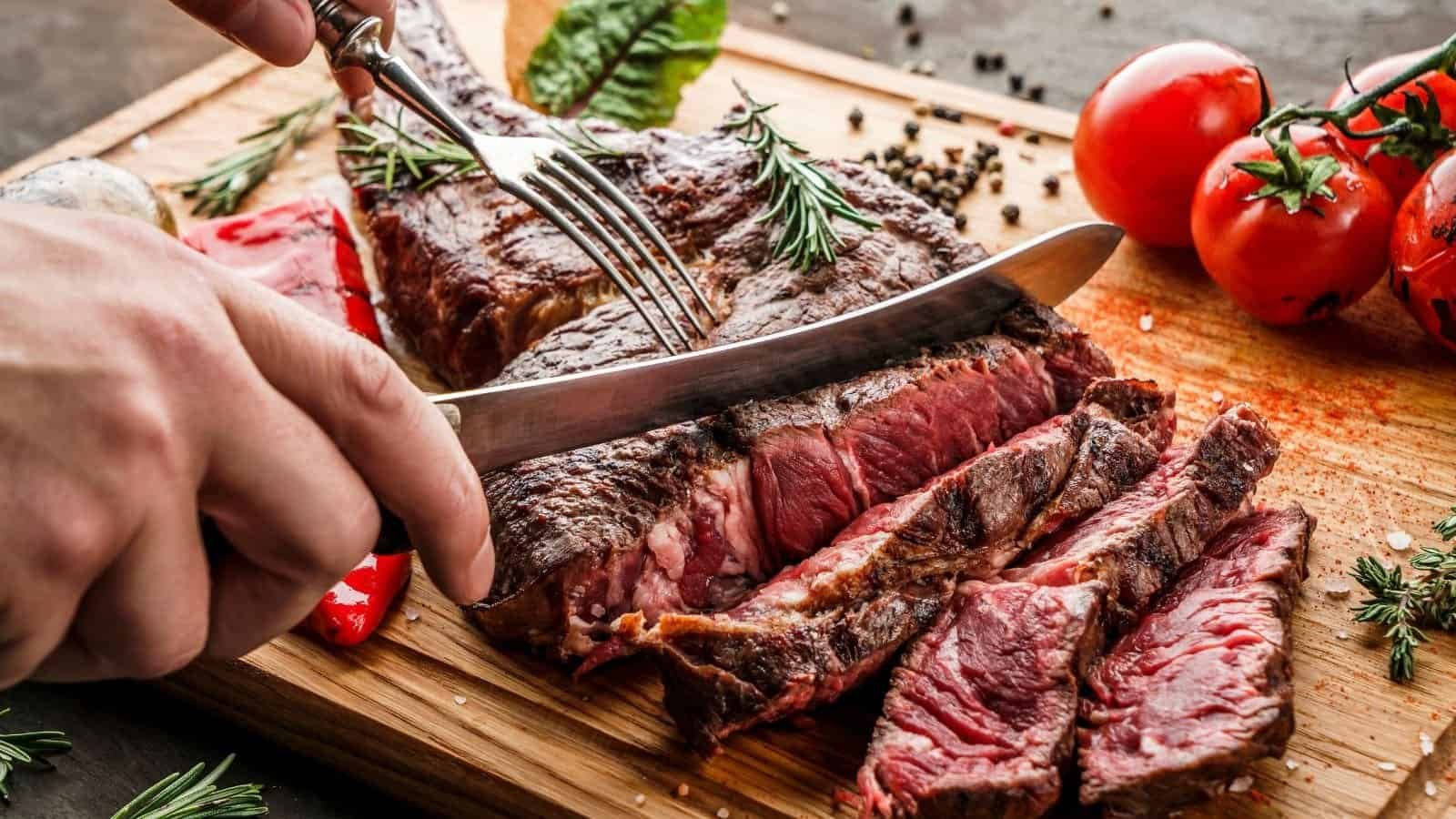
USA Pork is served with a special feed additive known as “Ractopamine”, which promotes muscle mass development, limits fat deposition, and reduces feed consumption. However, the benefits of such additives come with undesirable side effects, especially in pigs, such as restlessness, agitation, aggressive behavior, etc.
This additive is not only harmful to the animal but also to human consumption, which is why USA pork is banned in many other countries. Such additives may cause elevated heart rates and heart-pounding sensations in humans.
Kraft Stove Top Stuffing Mix
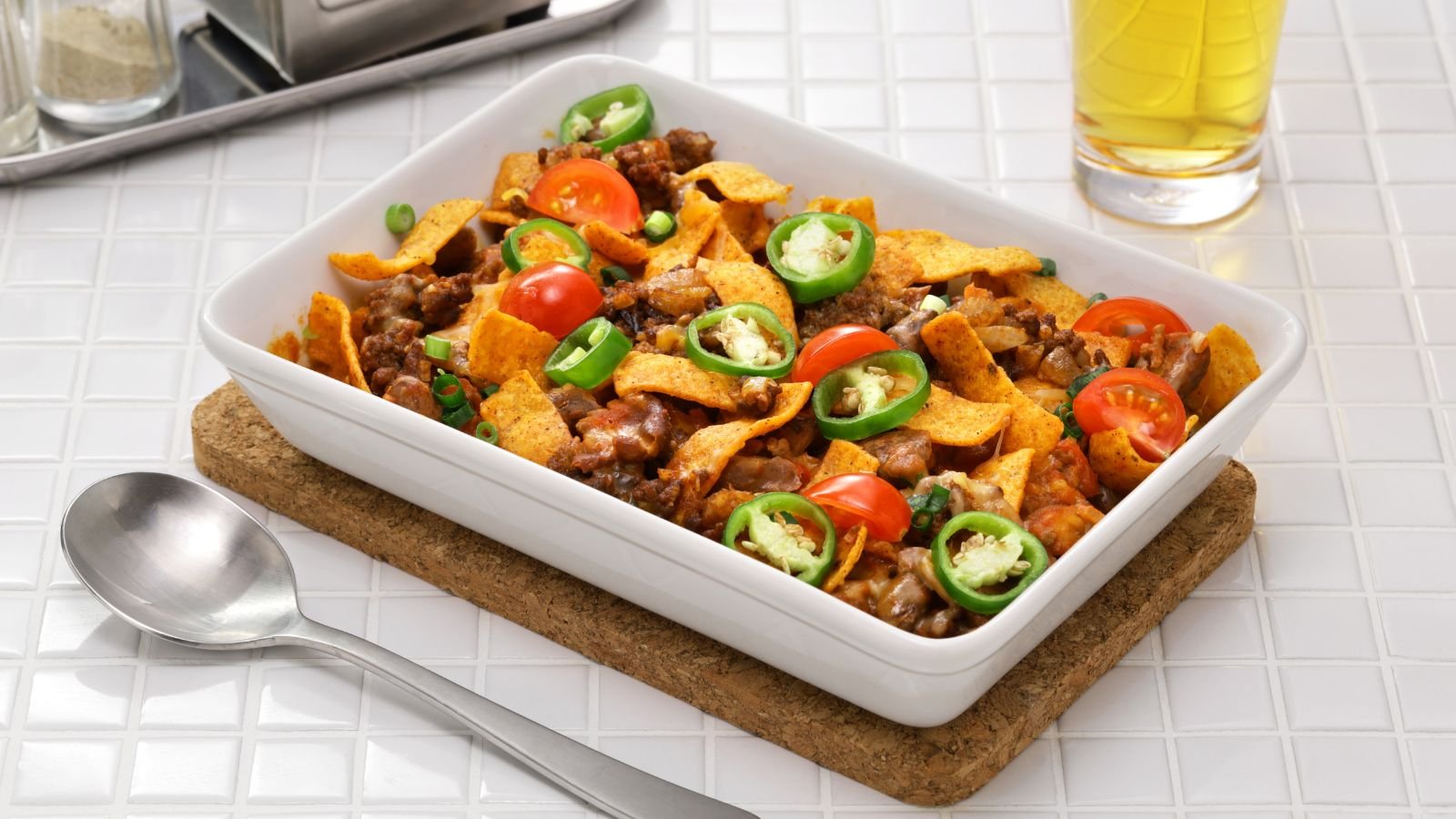
This popular mix bears two dangerous preservatives, BHT and Butylated Hydroxyanisole (“BHA”), which have shown suspicion through various studies of their potential carcinogenic properties and blood clotting.
Such preservatives have been banned in many countries like Japan, European Countries, etc. Studies suggest that BHA can potentially harm the thyroid gland, metabolism, growth, and nerves, which can cause cancer.
Pillsbury Doughboy Biscuits

Pillsbury Biscuits were originated in Minnesota, USA in 1869. These freshly baked biscuits bring a lot of toxins along with the bite of joy. These baked goods contain partially hydrogenated soybean oil, which is a transfat linked to many heart diseases. Such transfats might add flavor to the food but are home to various diseases like an increase in bad cholesterol and heart diseases.
Corn Syrup

This sweetening agent is derived from pure fructose and sugar and is widely used in USA in a wide range of products such as carbonated drinks, cereals, ice creams, and fruit-flavored drinks.
This agent brings an array of health risks including obesity and Type 2 diabetes. Although there is no outright ban on this sweetening agent, many countries like India, Ireland, Austria, Sweden, etc. have issued directives to use such an agent in minimal quantities or outrightly negate its use.
Chlorinated Chicken

Chlorinated Chicken is a poultry meat that has been washed by Chlorine. The Department of Agriculture’s Animal and Plant Health Inspection Service suggested the commercial use of chlorinated spray by chicken processors in 1975. This was preferred to avoid the potential spread of foodborne illnesses, like listeria and Salmonella virus. However, this approach has been prohibited in countries like the United Kingdom and the European Union due to its questionable hygiene issues.
Bakery Products with Potassium Bromate
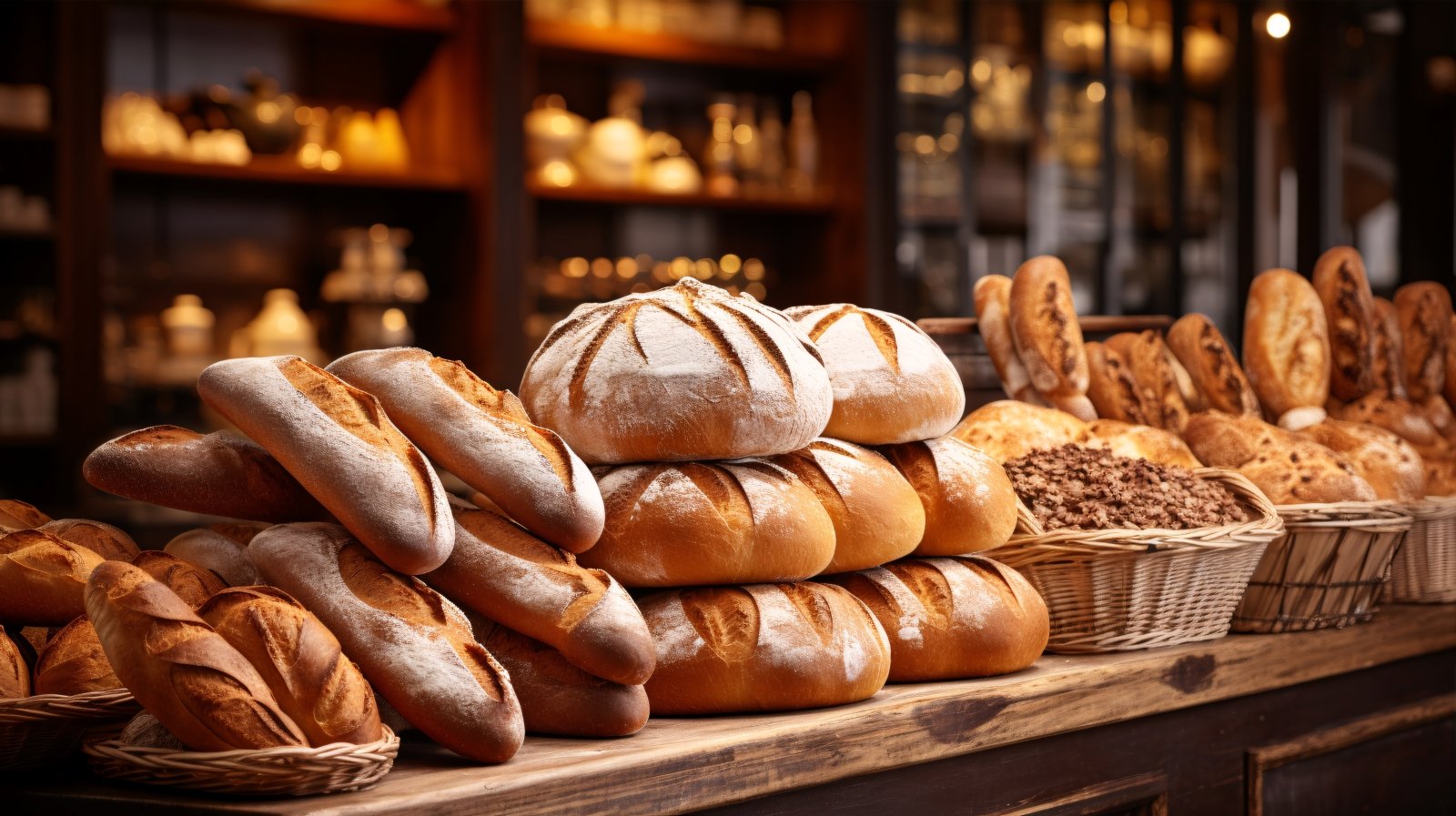
To achieve optimal rise, bread and baked goods require strong gluten proteins. Potassium bromate expedites this process by efficiently and economically oxidizing the dough, fostering the development of robust gluten bonds.
In the USA, bakers often use Potassium Bromate, a water-soluble oxidizing agent with a high melting point, in their products. This helps strengthen the dough and improve its rise during baking.
This agent is not harmful when consumed in properly baked products, but when a significant dosage is consumed or in a half-baked product, it can lead to serious damage to the body like it can cause harm to DNA, and cells, and can cause cancer. This additive is banned in Canada, Europe, India, etc.
Gatorade

Known for its quick energy boost, Gatorade is a famous drink among the sportspersons in the USA. However, this energy booster is banned in Europe and Japan, especially for kids, due to the presence of Yellow 5 and Yellow 6 artificial coloring. Such food colorants are banned for being the carriers of cancer-causing contaminants.
Mountain Dew
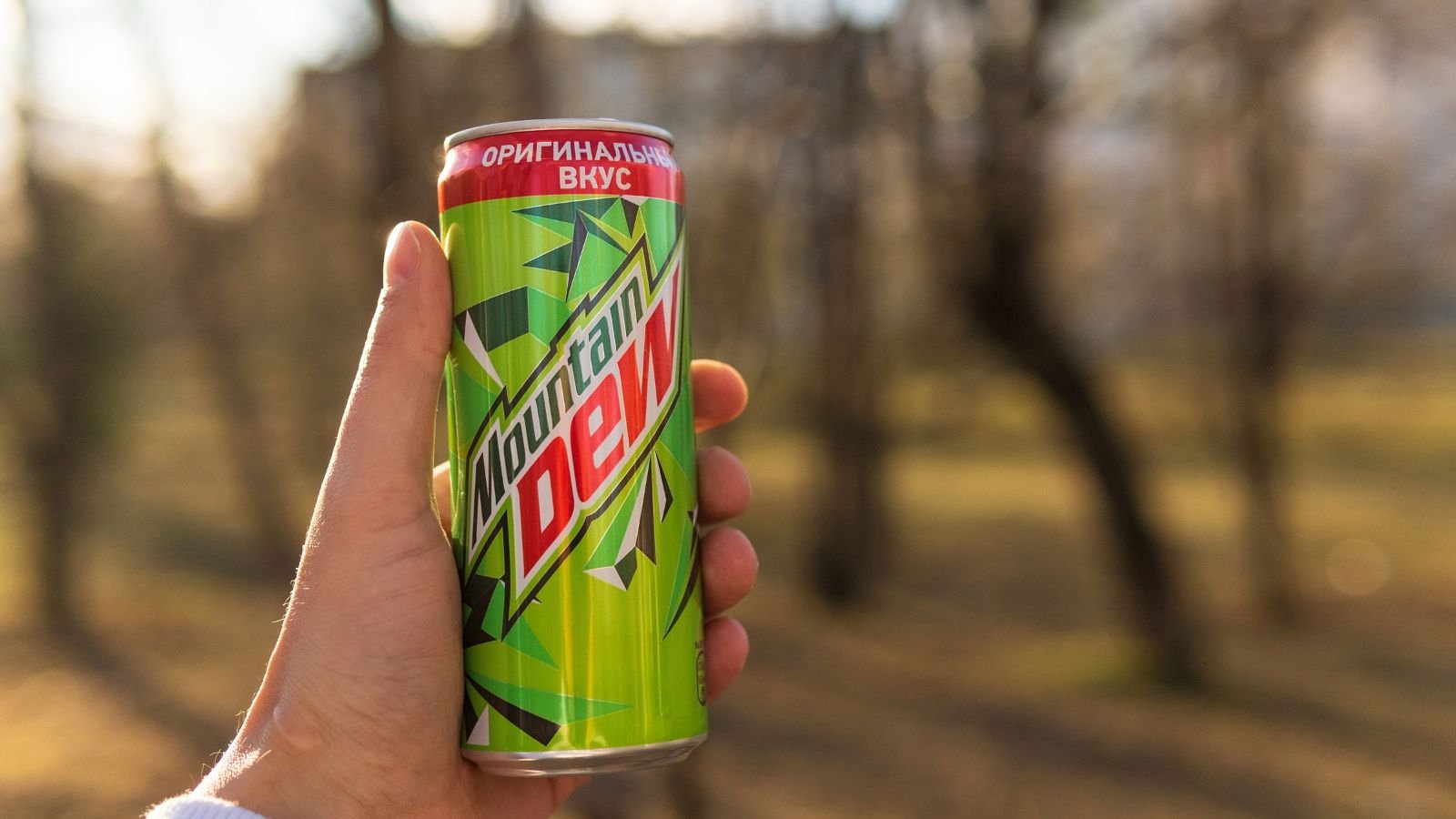
Popular sodas like Mountain Dew have posed a threat to health due to one of its ingredients, Brominated Vegetable Oil. Major soda brands like Coca-Cola and Pepsico has completely banned its usage, due to the potential threat of memory loss and nervous damage. Due to such harsh health threats, the consumption of sodas like Moutain Dew is banned in countries like Japan and the European Union.
Wheat Thins
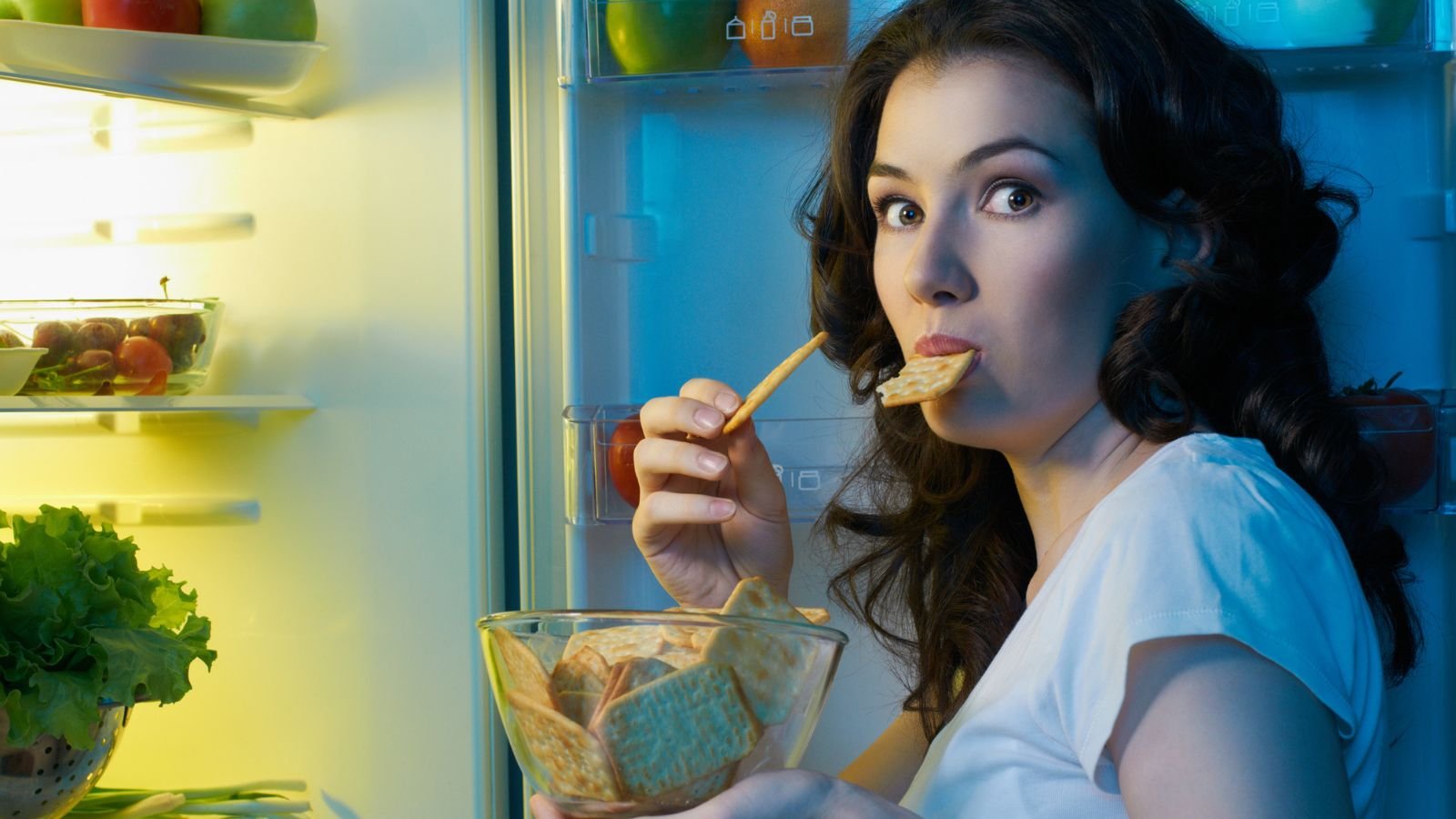
Wheat Thins is a wholegrain food cracker snack with a perfect blend of salt and sugar. The popular snack uses BHT in its packaging to add freshness and increase the shelf-life. But this chemical is completely banned in many countries like Japan, and many parts of Europe due to its health risks like cancer concerns.
This list of American food items may savor the taste buds but can cause huge harm to your health due to some of its underlying ingredients. So, people need to be cautious before opting for such food habits.
